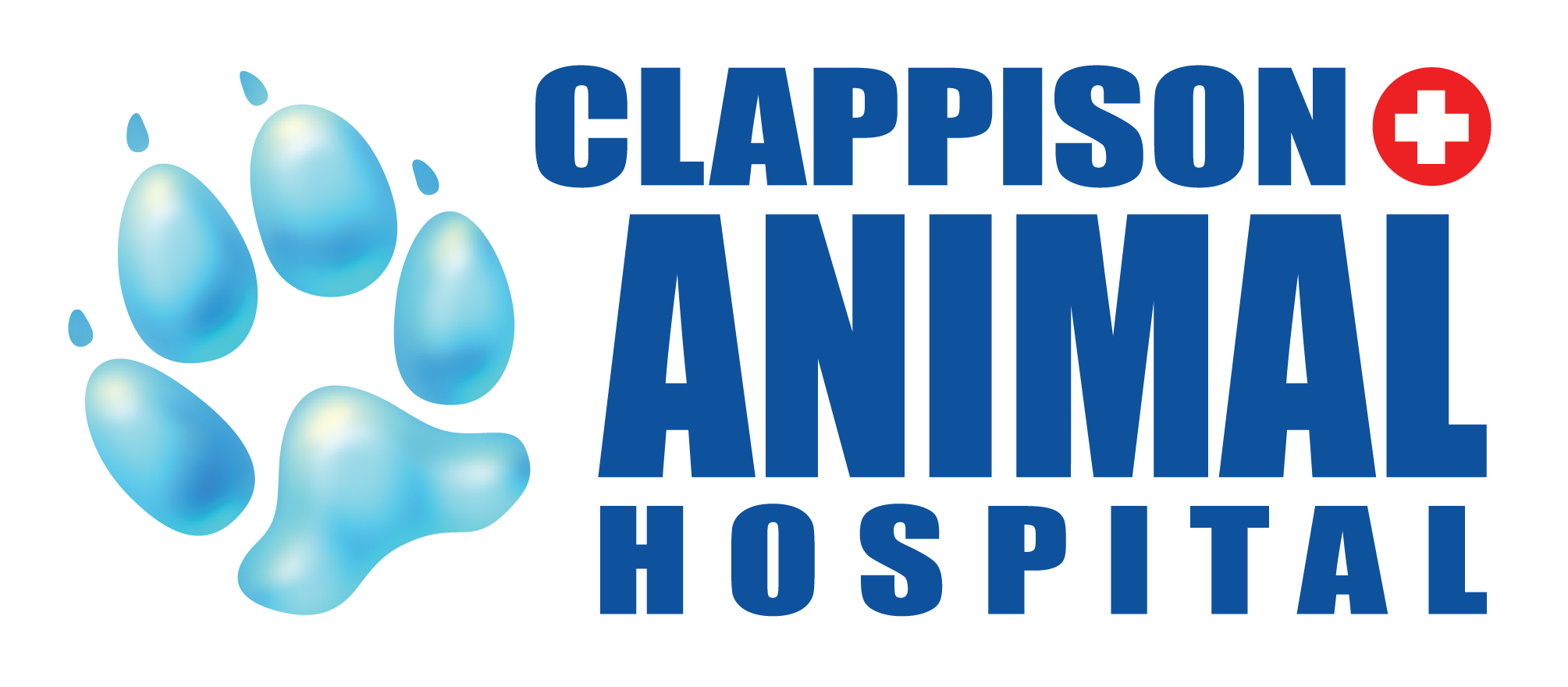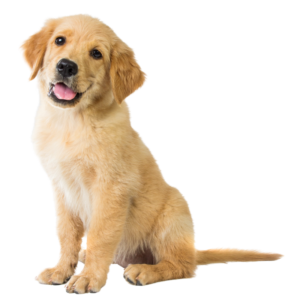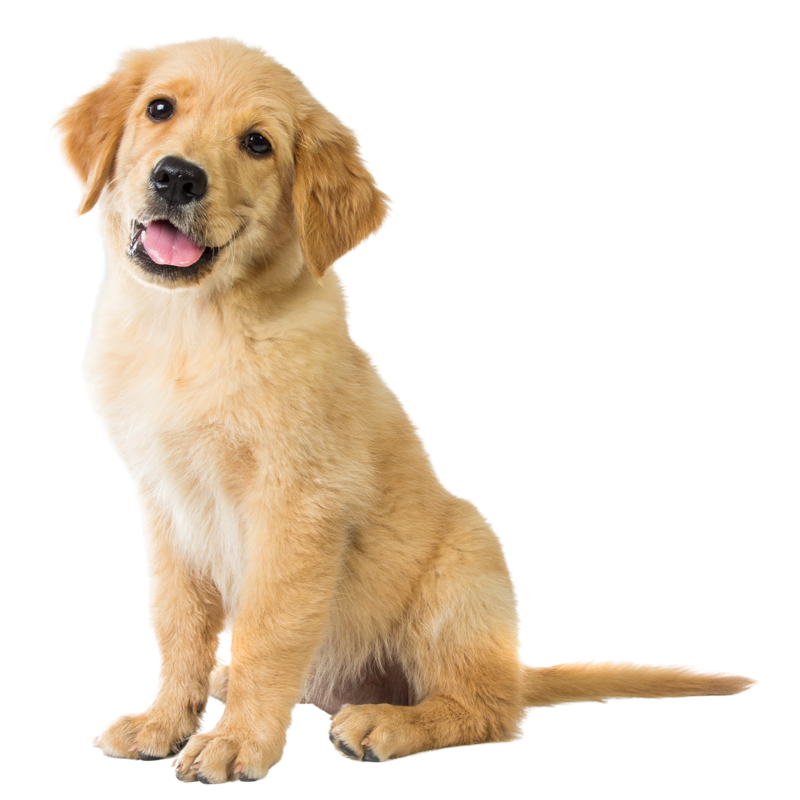Ever wonder why your groomer, doggy daycare or kennel requires that funny-named Bordetella vaccine for your four-legged friend to attend their facilities? Have you heard your fellow dog park frequenters or your veterinarian talk about kennel cough but never really understood what it is? Well wonder no more!
Kennel Cough is considered an infectious disease that is caused by the canine Parainfluenza virus, the Bordetella bronchiseptica bacteria, or a combination of both virus and bacteria. This disease is called kennel cough due to the dry, hacking cough usually seen with infection. How did your dog contract kennel cough? Dogs that contract the infection are generally those dogs that frequent kennels, dog parks or doggy daycare- places where dogs interact with many other dogs, or where dogs are present in high numbers. This is the main reason for the recommendation of the kennel cough vaccination in those dogs that frequent kennels, canine daycare facilities, and even some groomers. Other scenarios in which your veterinarian may recommend the kennel cough vaccine for your furry friend is if he or she is frequently meeting new dogs. This would include regular attendance at your local dog park or commonly attending dog shows or dog trials.
Similar to the flu vaccine that we are able to receive, the kennel cough vaccine in dogs works to help reduce risk of contracting the disease or to decrease the severity of clinical signs (the coughing) if the disease is contracted. The vaccine does not guarantee that a dog will not get kennel cough. This is due to the fact that there are numerous strains of the bacteria that cause kennel cough however the vaccine only targets one of those strains. The vaccine allows the dog’s immune system to recognize the disease but doesn’t necessarily allow it to completely clear the disease without causing a mild cough. Dogs that are not vaccinated for kennel cough are more likely to develop more severe clinical signs. What are some kennel cough symptoms? Such signs include a more severe, dry, hacking cough that lead to fits of gagging or vomiting; runny eyes and nose, and in most severe cases, pneumonia. If your canine friend begins to show any of the signs mentioned above, please contact Clappison Animal Hospital to receive further advice with respect to treatment.




